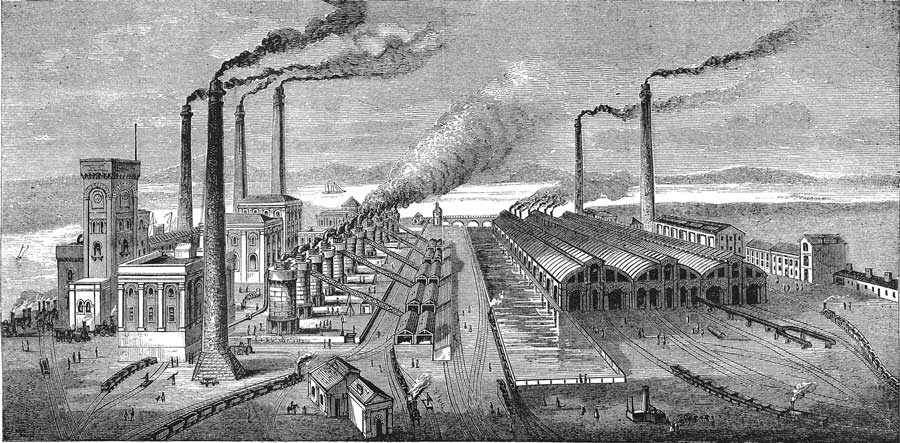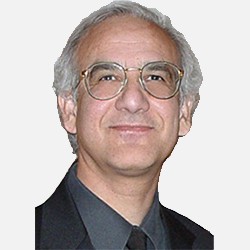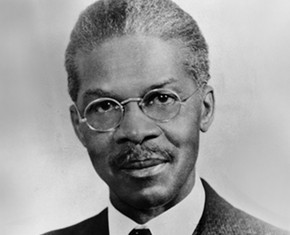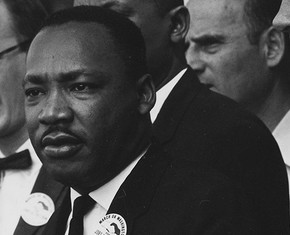The views expressed in our content reflect individual perspectives and do not represent the authoritative views of the Baha'i Faith.
Many Muslim societies have resisted modernism—which explains why, many analysts have concluded, those societies have not kept pace with the rest of the world.
The Baha’i teachings have a remedy for that backwardness. In fact, Abdu’l-Baha devoted the final four chapters of his book The Secret of Divine Civilization to analysis and refutation of the four main objections to modernism.
The second chapter of The Secret rejects the thesis that modernity is somehow opposed to the spirit and conditions of Iranian society—and that Iranians should only follow their traditions. Abdu’l-Baha argued that there are some universal preconditions of modernity and cultural rationalization which are indispensable to any process of advancement in the current stage of sociohistorical development of the world, and which illustrate why some nations stubbornly cling to the past.
In the third chapter of The Secret, Abdu’l-Baha completely rejected the conservative assertion of the traditionalist Muslim clergy who equated modernity with atheism, heresy, and rejection of Islam. Abdu’l-Baha argued that true Islam is in fact compatible with modernity, and that the spirit of Islam requires historical adaptability and cultural innovation. This chapter, the longest part of the book, deals directly with the theoretical and political significance of the question.
But The Secret of Divine Civilization does not offer a bland, uncritical view of the West, either.
After rejecting the clerical suspicion of modernity, Abdu’l-Baha criticizes secular intellectuals’ fascination with the West, and attacks Western militarism, materialism, and the neglect of spiritual values. He criticizes the philosophy of the Enlightenment’s concept of modernity at this point, and identifies the significant drawbacks of the Western model.

The fourth chapter of The Secret rejects the incremental approach to rationalization, while it affirms the principle of cultural gradualism and wisdom. Finally, the last chapter responds to the fourth objection which is another variant of the first one.
Throughout the text of this remarkable book, Abdu’l-Baha offers a new vision of modernity and development—which is quite different from the prevalent theories of modernity and development, both In 10th century Iran and 21st century social and political theory.
In the next essays in this series we will examine the substantive ideas of The Secret in more detail. But a glimpse of Abdu’l-Baha’s vision becomes visible even in the opening pages of the book. From the first paragraph it is evident that Abdu’l-Baha’s concept of modernity is defined in terms of the application of reason and scientific rationality to sociocultural life:
Praise and thanksgiving be unto Providence that out of all realities in existence He has chosen the reality of man and honored it with intellect and wisdom, the two most luminous lights in either world. Through the agency of this great endowment, He has in every epoch cast on the mirror of creation new and wonderful configurations. – Abdu’l-Baha, The Secret of Divine Civilization, p. 1.
For Abdu’l-Baha, an adequate process of rationalization must be aimed at not only instrumental and scientific rationalization but also moral and practical rationalization. For him, reason is precisely the combination and harmony of the two distinct processes of rationalization. That is why he immediately links his concept of reason with divine intellect or revelation:
This supreme emblem of God stands first in the order of creation and first in rank, taking precedence over all created things. Witness to it is the Holy Tradition, “Before all else, God created reason.” – Ibid.
This definition of reason, as the first creation of God, is nothing but the divine primal Will, which is identical with the essence of the divine messengers of God:
These sanctified Mirrors, these Day Springs of ancient glory, are, one and all, the Exponents on earth of Him Who is the central Orb of the universe, its Essence and ultimate Purpose. From Him proceed their knowledge and power; from Him is derived their sovereignty. The beauty of their countenance is but a reflection of His image, and their revelation a sign of His deathless glory. They are the Treasuries of Divine knowledge, and the Repositories of celestial wisdom. Through them is transmitted a grace that is infinite, and by them is revealed the Light that can never fade…. These Tabernacles of Holiness, these Primal Mirrors which reflect the light of unfading glory, are but expressions of Him Who is the Invisible of the Invisibles. By the revelation of these Gems of Divine virtue all the names and attributes of God, such as knowledge and power, sovereignty and dominion, mercy and wisdom, glory, bounty, and grace, are made manifest. – Baha’u’llah, Gleanings from the Writings of Baha’u’llah, pp. 47-48.
In other words, by reason here is meant not only scientific knowledge but divine revelation as well. At this point in The Secret, Abdu’l-Baha’s message becomes clear: true modernity requires not only scientific, technological, and instrumental rationalization; but spiritual, cultural, and moral rationalization as well.
















Comments
Sign in or create an account
Continue with Googleor